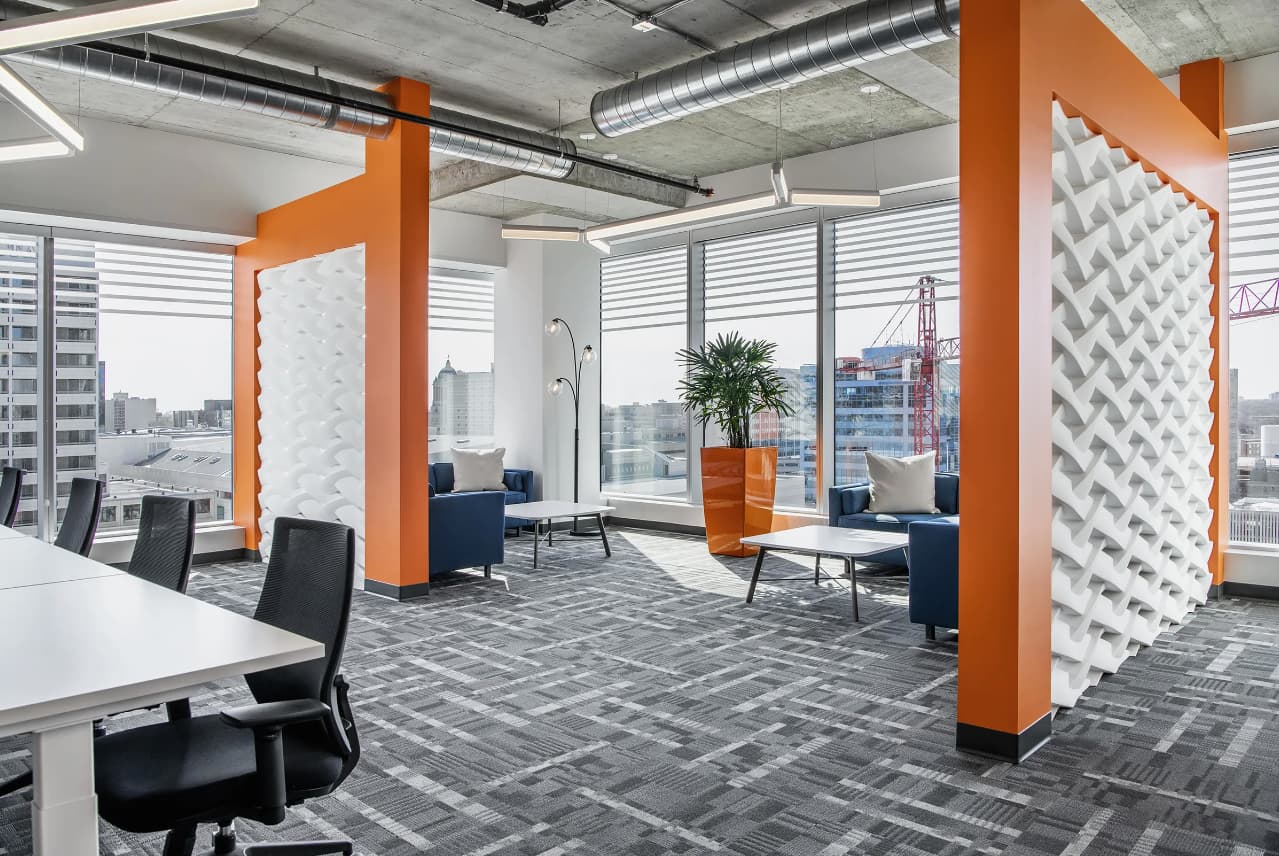“When Millennials are passionate, there’s no one better…They work hard. They work all hours of the day,” says Cherrie Clark, a professor at one of the world’s top business schools. But, she claims, “If they are not passionate, good luck with that.”
This statement paints an interesting, if not alarming, picture. With Millennials now making up the majority of the workforce, business owners have no choice but to adapt the workplace to accommodate this generation. And while managers are quickly becoming familiar with Millennials’ desires and demands, many are still uncertain about how best to navigate the new expectations of the modern worker.
Of course, those in management positions (regardless of which generation they’re a part of) want to tap into the passion and commitment that Clark mentions; but with over 60 percent of Millennialsplanning to leave their current organization within the next five years, it doesn’t look like managers are succeeding at their goal.
So, how can you create an environment that this highly social, tech-confident, hard working generation wants to continue working in? Here are a few suggestions:
1. Create a Culture Millennials Don’t Want to Walk Away From
Research suggests, “7 out of 10 Millennials believe their personal values are shared by the organizations for which they work.” This means they’re actively looking for workplaces with values congruent to their own.
Business owners can do themselves a lot of favors by clearly defining their corporate values, thereby attracting the ideal candidates (and retaining them).
The office space is a company’s physical representation of its brand. The first step in creating an appealing corporate culture is making sure the office design reflects the company brand. Color, layout, artwork, lighting – these all speak volumes about the values governing an organization.
The way an office space is designed should tell a company’s story.
If someone connects with your story, their commitment to the organization’s purpose will undoubtedly strengthen. The Benefits of Balance Vs. The Consequences of Control
2. Make Flexible Work an Option
As Clark mentioned, Millennials are hard workers who are willing to work long hours. But it’s got to be on their terms. Afford them a flexible work environment, and they’ll make it worth your while.
Provide different spaces for different types of work. Giving workers the option to choose the ideal space to work in empowers them to work most efficiently.
3, Appeal to Millennials’ Social Nature
Millennials are connected – almost constantly. It makes sense then, that they’d prefer a connected, collaborative style of work.
In a Steelcase white paper, experts suggest that collaboration has evolved. It’s no longer an activity that takes place occasionally and in designated spaces. Rather, it “is now almost constant and it threads throughout the entire workday.” They go on to explain that collaboration “occurs at desks, in hallways, in team spaces…and it’s often spontaneous and informal versus planned in advance.”
As a result, offices designed with Millennials in mind will see a variety of spaces intended for collaborative work: casual breakout areas, benching stations, formal and informal meeting spaces, and group tables.
4. Integrate Technology in Every Space
In a survey conducted to find out what makes each generation unique, Millennials felt that “technology use” deserved the top spot. Furthermore, almost three-quarters of millennial respondents agreed that technology makes their lives easier.
Millennials aren’t merely comfortable using technology – they’re uncomfortable without it.
In terms of office design, if you want to enable your employees to work efficiently, in a manner that comes naturally to them, incorporate technology. Integrate it in the walls and the furniture – make it accessible and easy.


.jpg)
.jpg)
.jpg)